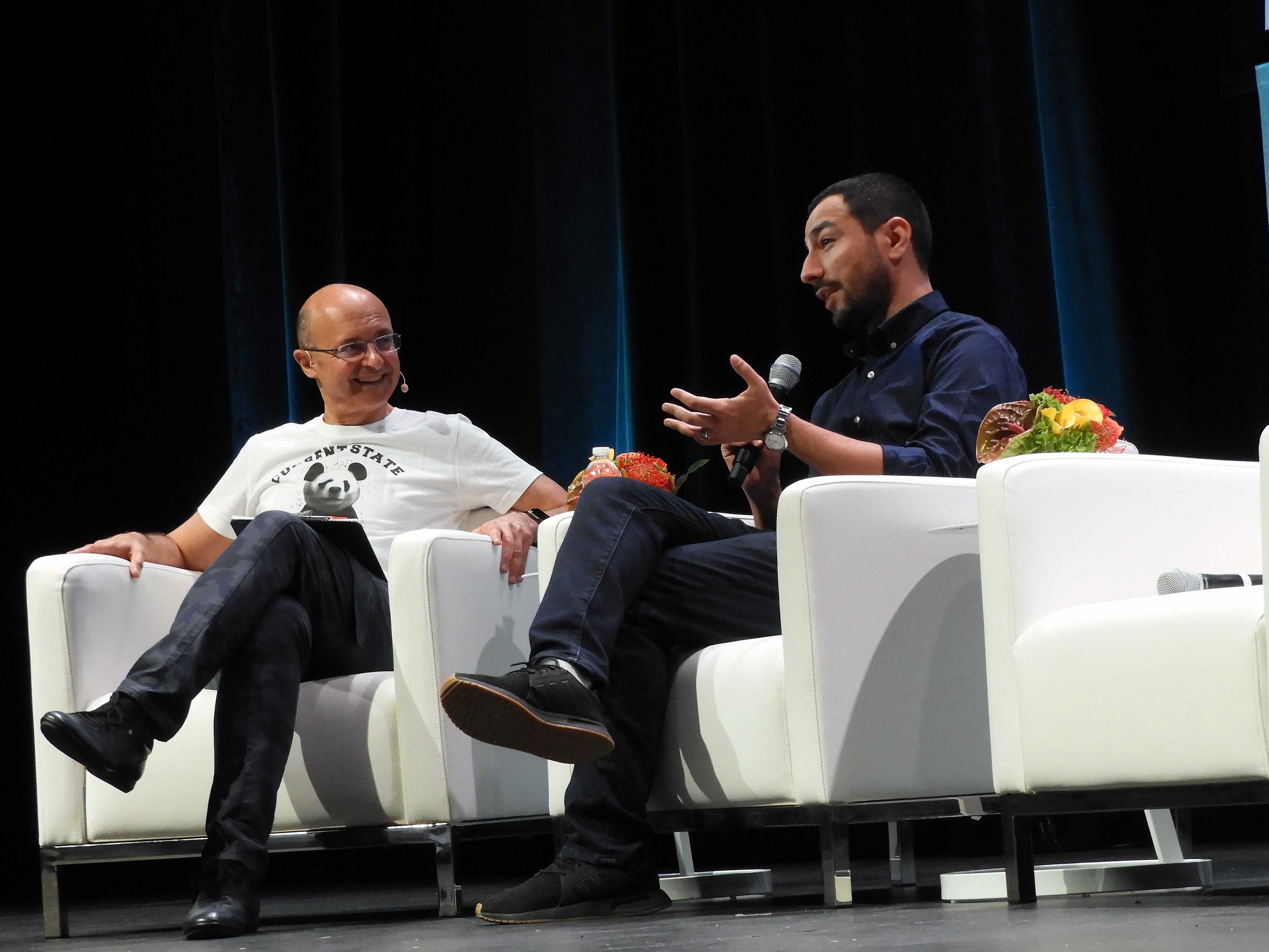Dark Pools Dominate Ethereum as Private Transactions Surge – at Least by One Measure
A growing number of sophisticated Ethereum users are choosing to transact privately on the blockchain – relying on so-called dark pools to avoid trading bots set up to front-run transactions, but potentially obscuring the openness and transparency that are supposed to be hallmarks of decentralized public networks.
That’s according to new research compiled by Blocknative, a company that specializes in preventing or minimizing the impact of MEV, which stands for “maximal extractable value” – the profits that can be siphoned off by fast-moving software bots that can quickly enter into trades to skim margin off of transactions that are sitting in the network’s public queue, waiting to be processed.
Private transactions, which are sent directly to validators or block proposers, instead of public mempools, now account for about half of the total on Ethereum, in terms of the total gas usage – reflecting the computational power required to process transactions. The percentage was about 7% in September 2022 when Ethereum transitioned into a proof-of-stake network, but it’s taken off this year, jumping from about 15% since the start of 2024.
A consequence of the trend is that “private transaction order flow is only accessible to permission network participants,” which can be a centralizing force if a smaller number of sophisticated players reap more of the rewards, Blocknative wrote in a blog post discussing the findings.
“You have a small number of actors who can see the private flow,” Blocknative CEO Matt Cutler said in an interview. “Certain people can see stuff, and certain people can’t, and that creates opportunity and advantage.”
:format(jpg)/cloudfront-us-east-1.images.arcpublishing.com/coindesk/M47WY2NF3ZHQ5K47Q5IIETWG7I.jpg)
The data might look off to pros who have observed such statistics before. The more typical way of measuring the prevalence of private activity is with transaction count, and that’s currently around 30%. As recently as 2022, that share was closer to 4.5%.
But private transactions tend to be more complex, and thus more “gas intensive,” according to Blocknative.
“By shifting focus to the amount of gas used by private transactions, we gain a more accurate understanding of network dynamics,” Blocknative wrote in the post.
Among the disadvantages for users transacting publicly is that fee rates, which fluctuate based on network demand, can be more volatile, and highly unpredictable, Cutler said.
“Only certain actors like the block builders can see what’s going on in the network,” Cutler said. They have “exclusive access to certain information. That gives you an edge. It’s a big fact of life.”
Edited by Stephen Alpher.
Disclosure
Please note that our
privacy policy,
terms of use,
cookies,
and
do not sell my personal information
has been updated
.
CoinDesk is an
award-winning
media outlet that covers the cryptocurrency industry. Its journalists abide by a
strict set of editorial policies.
In November 2023
, CoinDesk was acquired
by the Bullish group, owner of
Bullish,
a regulated, digital assets exchange. The Bullish group is majority-owned by
Block.one; both companies have
interests
in a variety of blockchain and digital asset businesses and significant holdings of digital assets, including bitcoin.
CoinDesk operates as an independent subsidiary with an editorial committee to protect journalistic independence. CoinDesk employees, including journalists, may receive options in the Bullish group as part of their compensation.
:format(jpg)/s3.amazonaws.com/arc-authors/coindesk/f22b7b33-3453-471b-9db5-9f17af90a499.png)
Bradley Keoun is the managing editor of CoinDesk’s Tech & Protocols team. He owns less than $1,000 each of several cryptocurrencies.
Follow @Liqquidity on Twitter









